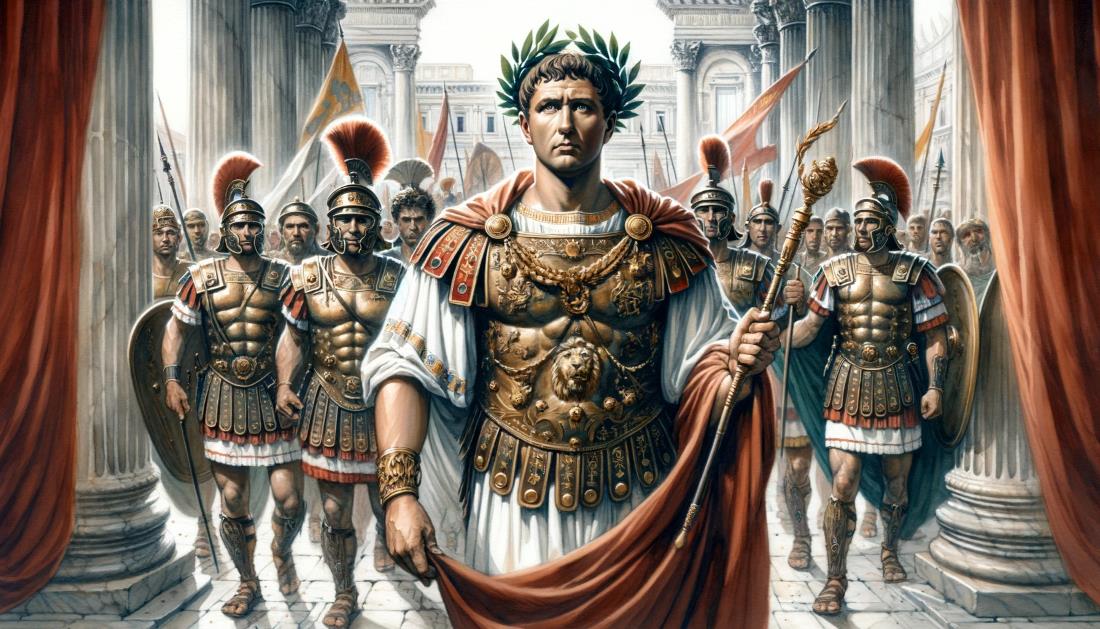Greatest Roman Emperors – a term that resonates through the corridors of history, encapsulating the essence of power, innovation, and leadership. Each emperor on this list has been chosen for their extraordinary contributions to the Roman Empire, be it through military triumphs, administrative excellence, or cultural advancements. In recognizing these Greatest Roman Emperors, we aim to shed light on the qualities that set them apart and explore why they remain iconic figures in the rich tapestry of history.
Gaius Julius Caesar
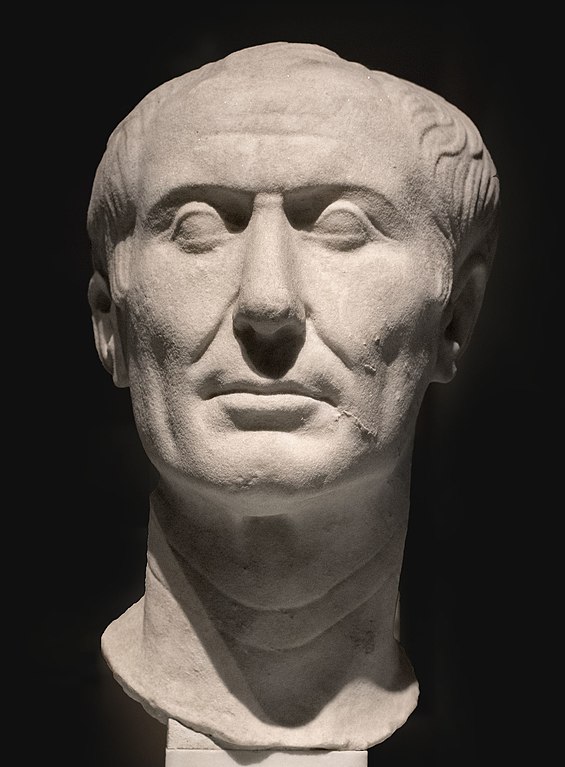
Reign: 49 – 44 BC
Key Achievements:
- Conquest of Gaul, significantly expanding the boundaries of the Roman Republic.
- Initiated the calendar reform, introducing the Julian calendar.
- Centralized power in Rome, greatly diminishing the role of the Senate.
Gaius Julius Caesar, while not technically a Roman emperor, indisputably holds a place on our list of Greatest Roman Emperors. Becoming a dictator for life, Caesar laid the foundations for the future Roman Empire, though the title of the first emperor was officially held by his successor, Octavian Augustus. Including Caesar in this list reflects our belief that his influence and accomplishments transcend formal titles. His military, political, and administrative achievements, such as the conquest of Gaul and the calendar reform, have left an indelible mark on history, making him one of the most pivotal figures in the transition from the Republic to the Empire.
Octavian Augustus
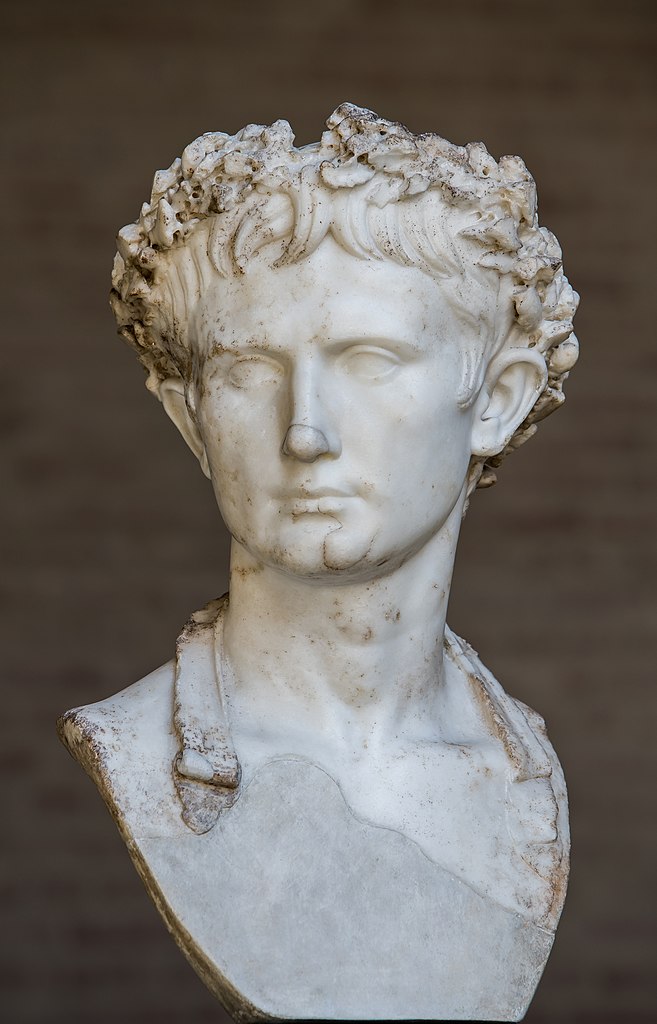
Reign: 27 BC – 14 AD
Key Achievements:
- Established the Roman Empire and became its first emperor.
- Initiated the Pax Romana, a period of relative peace and stability across the empire.
- Reformed the Roman tax system and developed a network of roads.
Octavian Augustus, historically revered as the first Roman Emperor, rightfully earns his place among the Greatest Roman Emperors. His ascent to power marked the end of the Roman Republic and the beginning of the Roman Empire, a monumental shift in world history. Augustus’ reign was characterized by significant reforms and developments, including the establishment of the Pax Romana, a prolonged period of peace that facilitated cultural and economic prosperity across the empire. His administrative reforms, particularly in the realm of taxation and infrastructure, laid the groundwork for the empire’s long-term stability and efficiency. As the founder of the Roman Empire, Augustus’ legacy is unparalleled, setting a benchmark for his successors and shaping the course of European history.
Marcus Aurelius
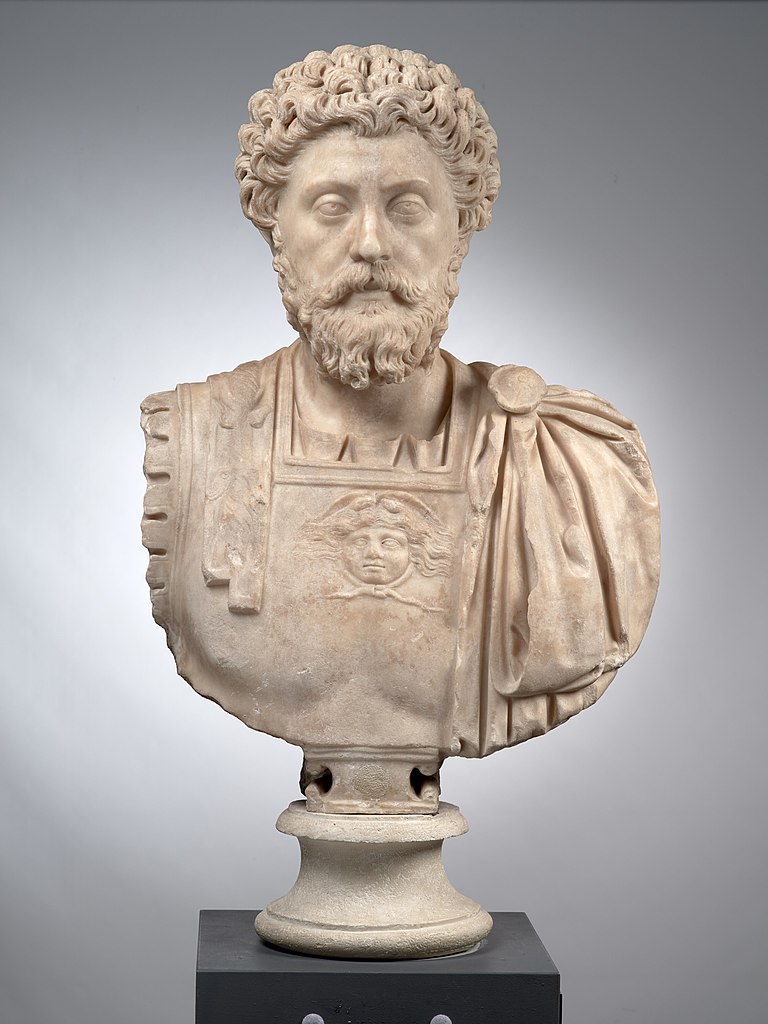
Reign: 161 – 180 AD
Key Achievements:
- Known as the ‘Philosopher King,’ renowned for his stoic writings, particularly ‘Meditations’.
- Maintained the stability and prosperity of the Roman Empire during its challenging times.
- Led military campaigns against various barbarian tribes, fortifying the empire’s borders.
Marcus Aurelius, often celebrated as the last of the “Five Good Emperors,” holds a distinguished place among the ‘Greatest Roman Emperors’. His reign is noted not only for its administrative and military achievements but also for his philosophical contributions. As a stoic philosopher, his work ‘Meditations’ provides a unique insight into the mind of a Roman emperor and continues to be revered for its wisdom and practical guidance. Despite facing numerous challenges, including wars on the Roman frontiers and the Antonine Plague, Marcus Aurelius succeeded in maintaining the empire’s stability and prosperity. His leadership, marked by a balance of wisdom and resilience, helped to sustain the Roman Empire’s power during a period of significant external and internal pressures. Marcus Aurelius’ legacy is not only that of a capable emperor but also of a thinker who provided profound ethical and philosophical insights into leadership and personal conduct.
Constantine the Great
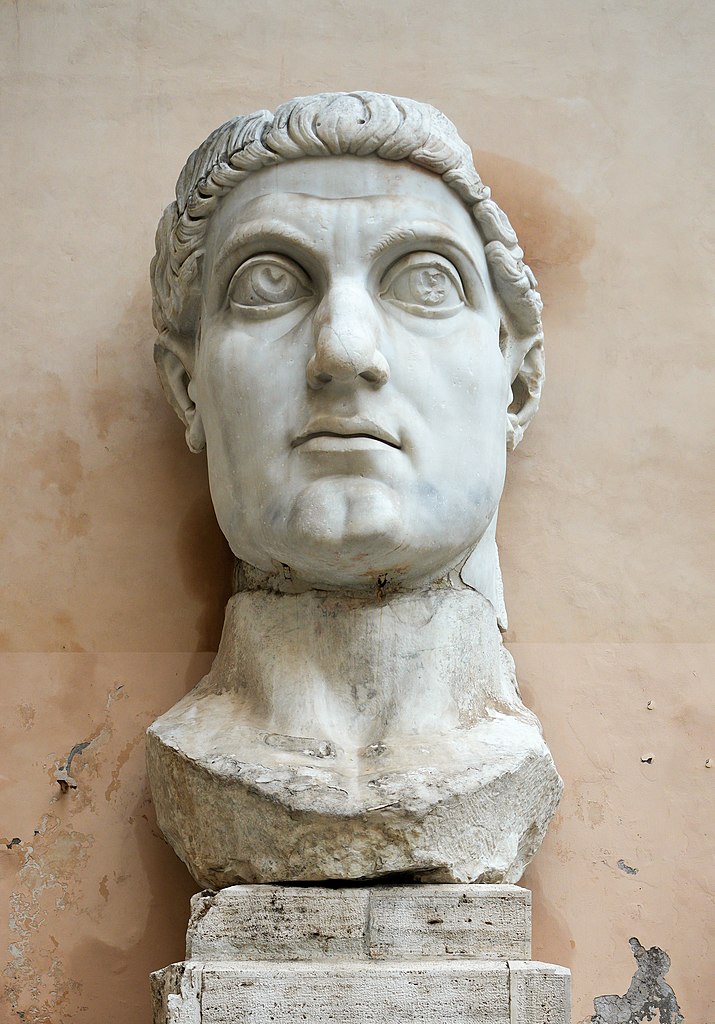
Reign: 306 – 337 AD
Key Achievements:
- Issued the Edict of Milan in 313 AD, granting religious freedom and ending the persecution of Christians.
- Founded Constantinople, strategically repositioning the empire’s capital to the East.
- Reformed the military and monetary systems, strengthening the empire’s infrastructure.
Constantine the Great, a transformative figure in Roman history, is a key inclusion among the Greatest Roman Emperors. His reign is most notably marked by the Edict of Milan, which established religious tolerance throughout the empire and ended the persecution of Christians, paving the way for Christianity to flourish. This act represented a significant shift in the religious landscape of the empire, influencing the course of European history. The founding of Constantinople as the new capital not only reflected his strategic acumen but also reshaped the geopolitical dynamics of the region, ensuring the empire’s continued prominence in the East. Additionally, his reforms in the military and monetary systems played a crucial role in stabilizing and revitalizing the Roman Empire. Constantine’s legacy is that of a ruler who ushered in a new era of religious tolerance and cultural transformation, leaving an indelible impact on the Roman Empire and Western civilization.
Justinian I
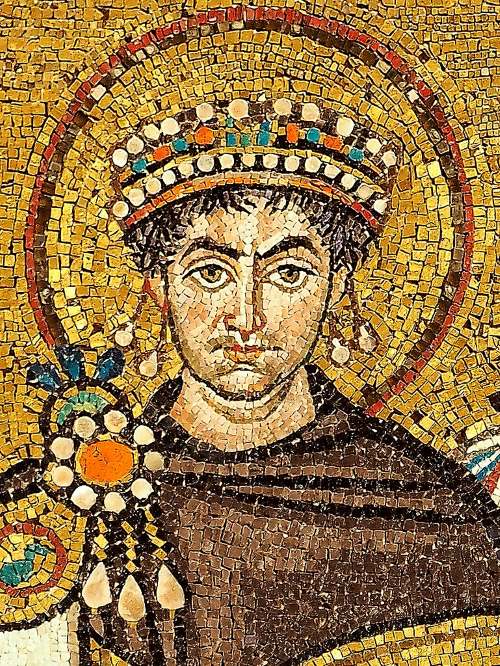
Reign: 527 – 565 AD
Key Achievements:
- Attempted to reunite and restore the Roman Empire after the fall of the Western Roman Empire.
- Commissioned the “Corpus Juris Civilis,” a foundational collection of Roman legal works.
- Oversaw extensive architectural projects, including the reconstruction of the Hagia Sophia.
Justinian I, often regarded as one of the last practical Roman emperors, rightfully earned his place among the Greatest Roman Emperors. His ambitious military campaigns aimed to reconquer and reunite the territories of the former Western Roman Empire, reflecting a profound commitment to restoring the grandeur of Rome. His most enduring legacy, however, maybe the “Corpus Juris Civilis” (Body of Civil Law), a monumental codification of Roman law that formed the basis of legal systems in many parts of Europe for centuries. Additionally, his reign was marked by significant architectural achievements, most notably the reconstruction of the Hagia Sophia, which stands as a testament to Byzantine architectural brilliance. While Justinian’s empire is more commonly associated with the Byzantine history, his efforts to revive Roman glory and his contributions to law and architecture solidify his position on our list of the ‘Greatest Roman Emperors’. His reign represents a pivotal bridge between the ancient Roman traditions and the emerging Byzantine Empire, highlighting a unique and influential chapter in the history of the Roman world.
Historical Challenge: Can You Conquer the Past?
Answer more than 18 questions correctly, and you will win a copy of History Chronicles Magazine Vol 1! Take our interactive history quiz now and put your knowledge to the test!

